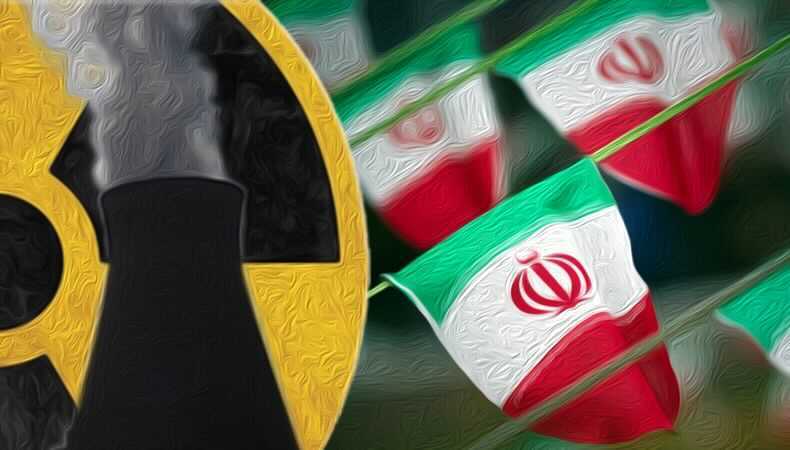Bolton’s take on US Middle East strategy, warns against Iran’s intent for nuclear commitments

John Bolton, former US security advisor who worked for the previous administration, led by Donald Trump, expressed his take on the current US strategy towards Middle East. Bolton appreciated the US President Joe Biden’s re-engagement efforts towards Iran nuclear deal but asked the current administration to be wary of Tehran’s nuclear commitments. He expressed strong disbelief in Iran’s sincerity to adhere to the nuclear limit norms of the deal.
In an extensive virtual interview with Arab News, Bolton said that Biden administration’s decision to return to Iran nuclear deal, formerly known as the Joint Comprehensive Plan of Action, was a step in the right direction and was expected. Biden, during his tenure as vice president under Barack Obama, played an significant role in pulling together the 2015 Iran nuclear deal. Though Bolton stated that he was doubtful that Iranian regime would stick to it, given its determination to enhance its nuclear capability.
He added, “I don’t think the Iranian regime has ever made a strategic decision to give up the pursuit of nuclear weapons.” He also hinted that the current Iranian regime might soon be replaced by popular opposition given its mishandling of affairs which led to huge slump in its economy.
He said, ”I think the regime in Iran is at its most unpopular point since the 1979 revolution, I think the most likely outcome is for the officers and the regular military — and even the Revolutionary Guards, whose families and friends are subjected to the ongoing economic crisis — to split. I think this is how the regime is coming down. I don’t envision any outside intervention.”
Besides, Bolton suggested that in the process of reforming the nuclear deal, world powers should also consider adding Arab nations in it, given their proximity to the Islamic Republic and the direct impact of the deal on them.
With regard to the decade-long conflict between Israelis and Palestinians, Bolton proposed ‘three-state solution’ over the long pressed ‘two-state solution’. He stated that the two-state solution was longer realistic and rested on the ‘antiquated strategy’ of Palestinian leaders, which no longer resonated with the needs of Palestinian people and Arab world on the whole.
He said that the new world order demanded ‘new thinking’ and recommended that for the lasting peace, Gaza Strip should be returned to Egypt, as it belonged to it before being occupied by Israel in 1967. Besides, he suggested that Jordan and Israel should develop an understanding to hold shared sovereignty over West Bank, which he stressed would even lead to a “viable economic existence” for Palestinians.




